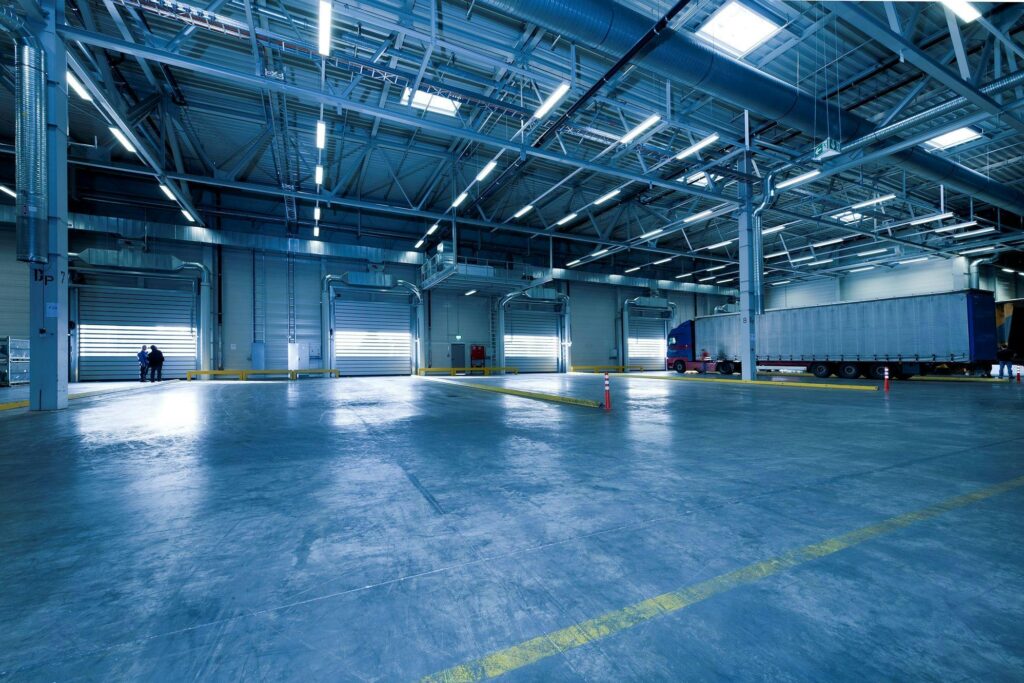As spring rolls in and April showers settle over the countryside, wine lovers often shift their focus from hearty reds to lighter, brighter sips that echo the season’s renewal. But while you’re planning your seasonal pairings, there’s another important consideration that April brings into focus: how changes in humidity and temperature can impact your wine storage.
At Ideal Wine Company, we know that enjoying fine wine begins long before the cork is popped. Proper storage is essential to preserving the character and quality of every bottle, and spring’s shifting weather can pose subtle risks—especially when it comes to humidity.
Why Humidity Matters in Wine Storage
Humidity plays a crucial role in the longevity and condition of your wine. Whether you’re housing a modest personal collection or curating a cellar of luxury vintages, the ambient moisture in the air can affect both cork integrity and overall bottle stability.
When humidity is too low (below 50%), corks may dry out, allowing air to seep into the bottle and spoil the wine. On the flip side, excessive humidity (above 80%) can cause labels to peel or encourage mould growth, undermining both the presentation and potentially the storage environment itself.
How Spring Weather Can Affect Cellar Conditions
Spring weather, particularly in the UK, is famously unpredictable. Sudden temperature spikes and damp conditions can lead to increased humidity, especially in traditional cellars or wine rooms without climate control. This makes April a crucial time for wine collectors to check their storage conditions and ensure their wines are being kept in optimal surroundings.
Ideal Wine Company recommends a relative humidity level of around 65–75% for ideal wine storage. It’s the sweet spot that keeps corks moist and bottles pristine.
Tips to Manage Spring Humidity in Your Wine Cellar
1. Monitor with Purpose
Invest in a good-quality hygrometer to keep tabs on both humidity and temperature in your wine storage area. Many digital models now include alert systems, making it easier to catch any fluctuations early.
2. Seal the Space
If you store wine in a basement or cellar, ensure it’s properly insulated and sealed against outdoor moisture. Even small leaks or gaps can significantly alter the microclimate over time.
3. Consider a Humidifier or Dehumidifier
Depending on your conditions, you may need to introduce a humidifier or dehumidifier to keep your cellar stable. Compact units are ideal for home collectors.
4. Check Corks and Labels
Spring is the perfect time for a visual check. Inspect corks for signs of drying or cracking, and watch for any label damage that might indicate excess dampness.
5. Store with Confidence
If you want added peace of mind, Ideal Wine Company offers guidance on professional storage solutions and maintaining a personal bonded warehouse account for premium wines. Safe, secure, and climate-controlled—ideal for collectors with long-term investment in mind.
The Ideal Wine Company Approach
Preserving the quality of your wine is more than a matter of storage—it’s a commitment to care, craftsmanship, and enjoyment. At Ideal Wine Company, we understand that every bottle tells a story, and we’re here to ensure yours are ready to be shared, savoured, and celebrated.
So, as April showers freshen the world outside, let them also serve as a gentle reminder to refresh your wine cellar practices. A little attention now can help ensure that your most prized vintages continue to age with grace.

